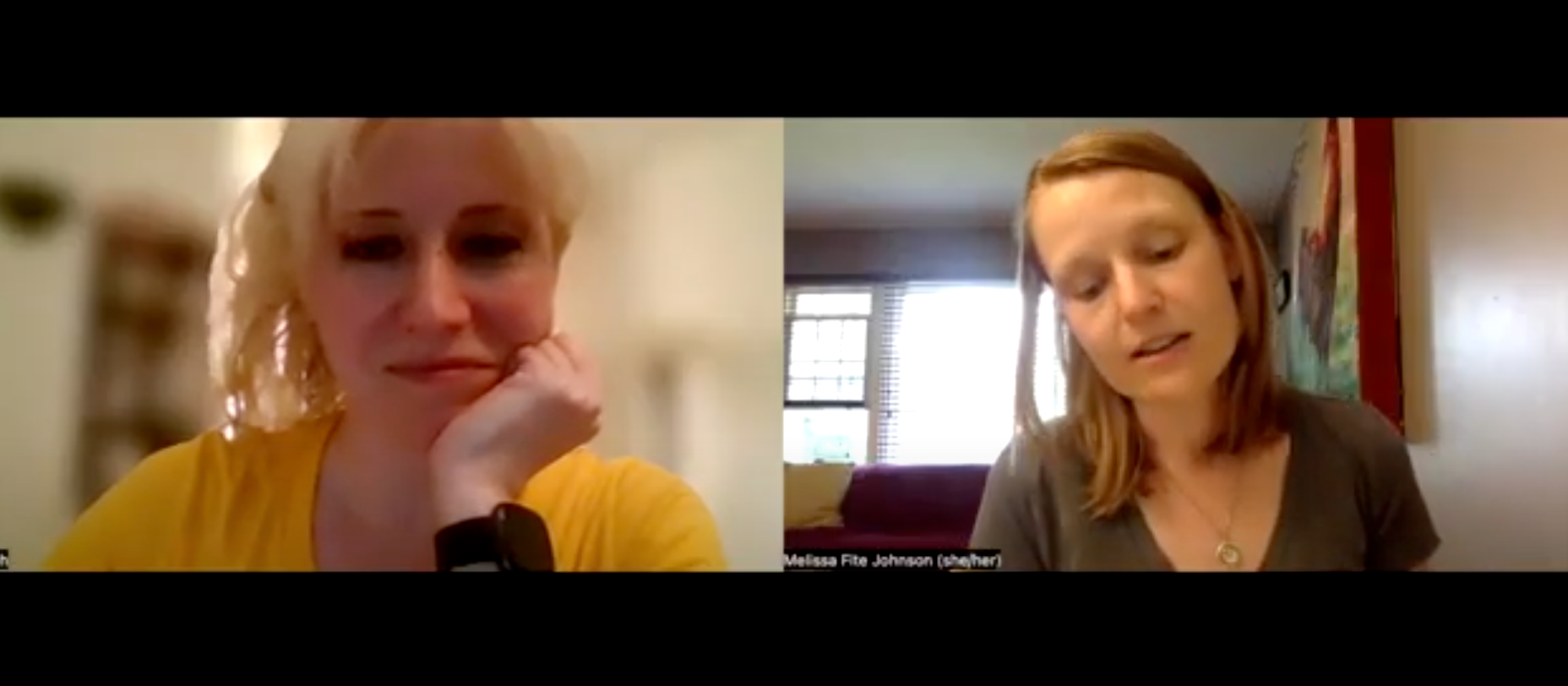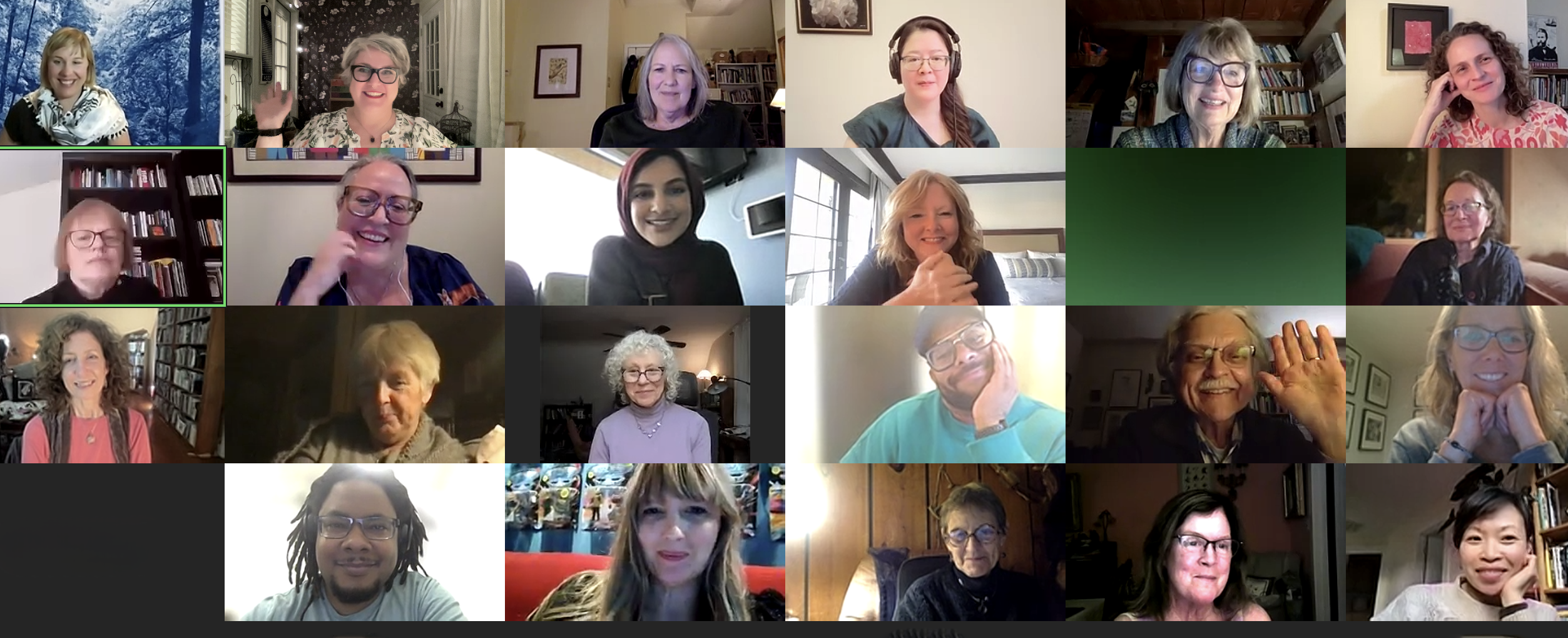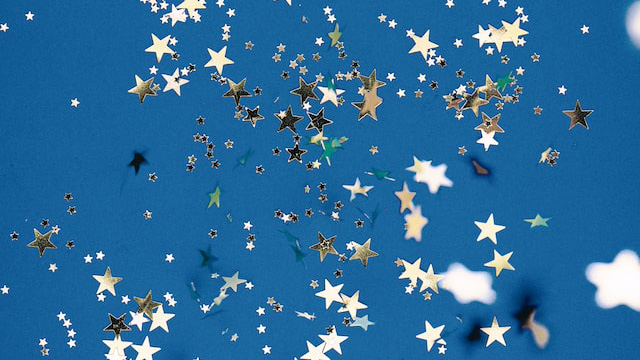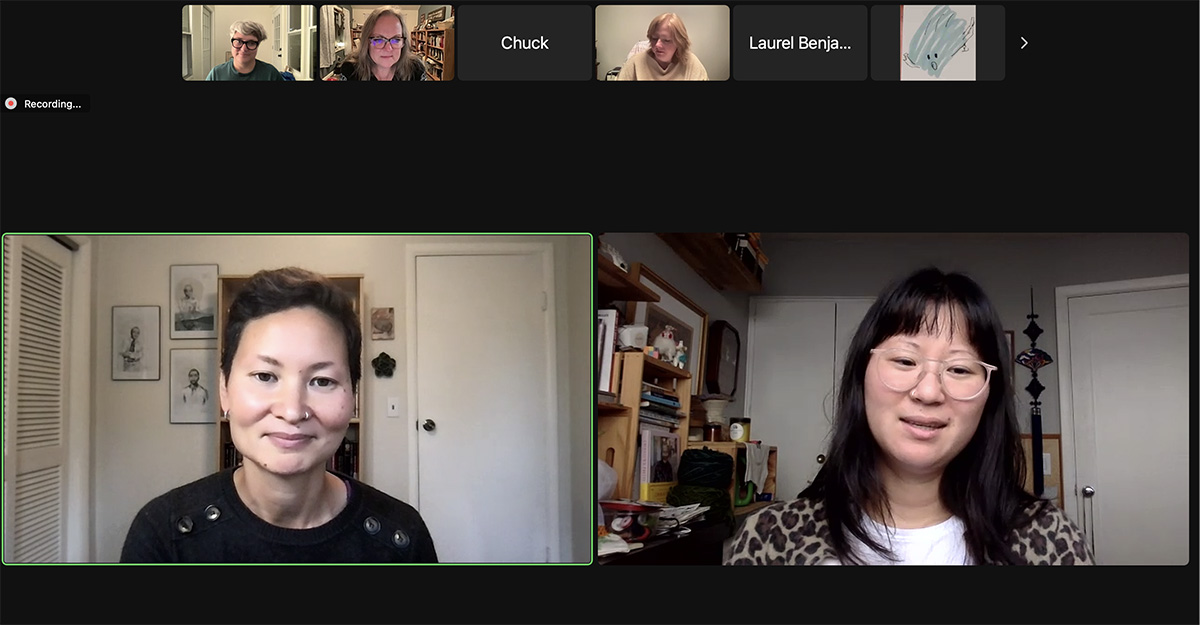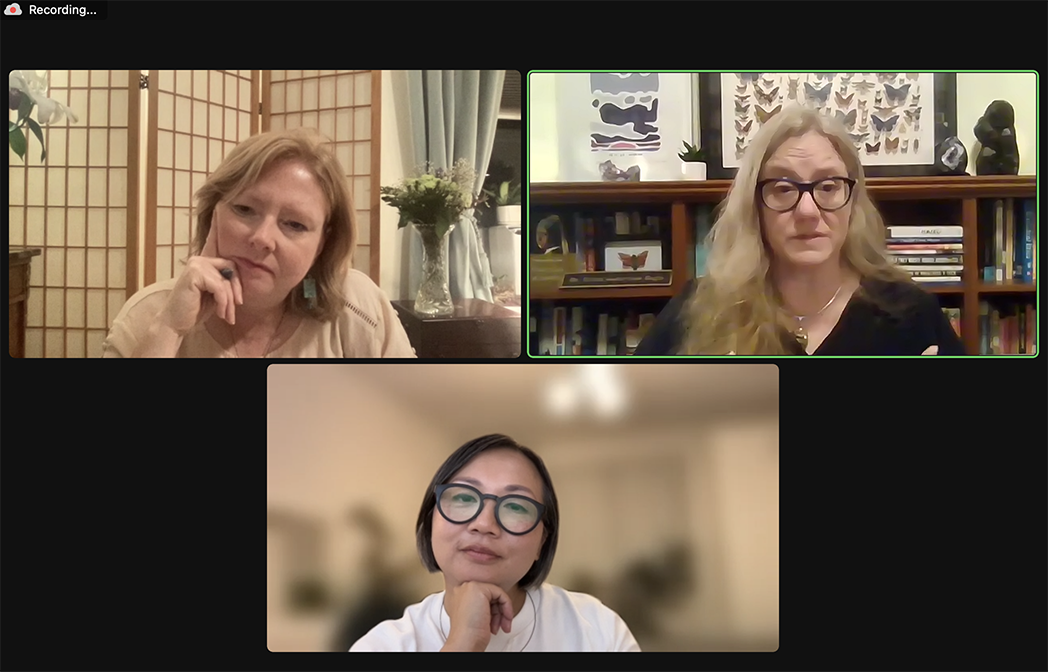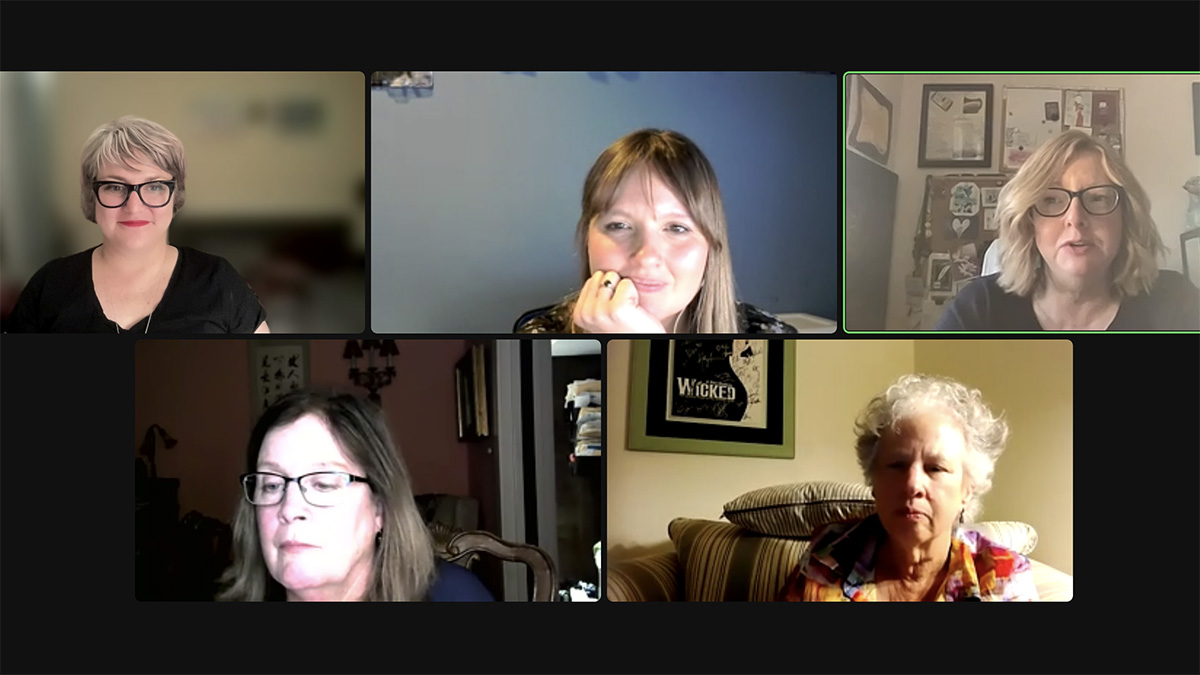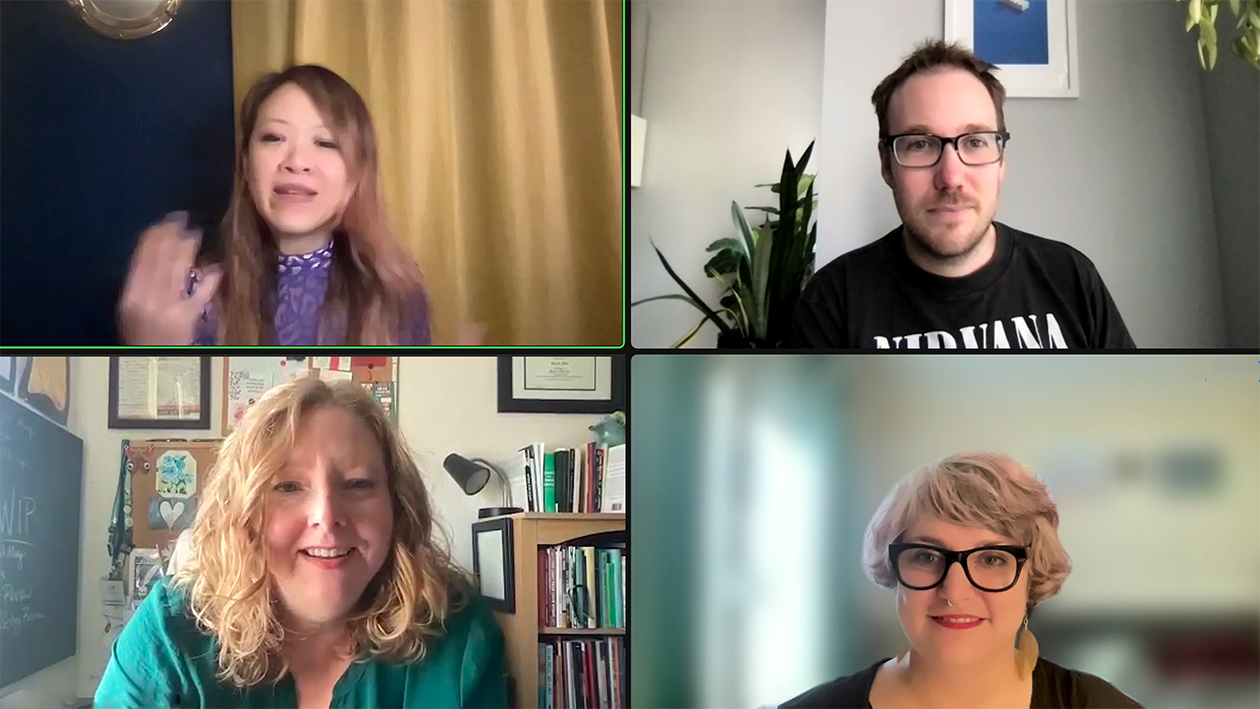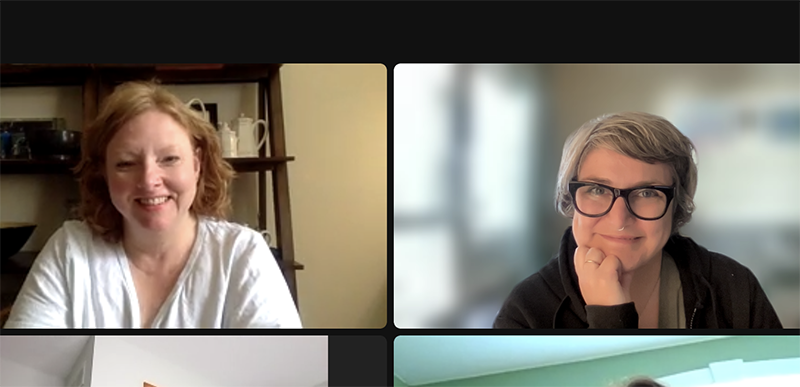Sarah Ghazal Ali’s first poetry collection Theophanies is out January 16th, 2024, and signed pre-orders can be purchased from Pegasus Books here! You can hear her read poems from this forthcoming collection.
Jessica E. Johnson will publish her first memoir, Mettlework, this May. The book delves into her unusual upbringing during the 1970s and ’80s, interwoven with the story of her transition to parenthood in post-recession Portland, Oregon.
Pauletta Hansel‘s 10th collection, Will There Also Be Singing? will be out in April 2024 from Shadelandhouse Modern Press. Poet and teacher Jeremy Paden writes, “Pauletta Hansel’s Will There Also Be Singing? could be subtitled, Found Poems, Centos, and Other Songs Woven from the World Around Us. In this collection of poems, the Former (and First) Poet Laureate of Cincinnati writes a poetry of witness that is also a masterclass on how to work with collage. Much like the Kentucky artist Robert Morgan, whose sculptures are made from an accretion of found objects, Hansel takes news clippings and historical essays, poems and social media posts, and places them next to each other and layers them on top of each other until a poem emerges.” Two poems from this collection published in Rattle can be read online here.
Amy Hoffman spent the past year working on a collection of writings by the late LGBTQ activist Urvashi Vaid, together with her sister Jyotsna Vaid. In addition to being a well-known and important figure in the gay rights movement, Urvashi was a very dear friend for 40 years, & the book, a labor of love, is due out in spring 2025. In addition, she helped organize a series of 3 panels with Boston’s LGBTQ History Project in honor of the 50th anniversary of the founding of the Boston weekly Gay Community News, where she was an editor from 1978-1982+. Amy moderated the 2nd panel, on GCN’s content & controversies.
Jennifer Martelli’s book (which she reads from here), The Queen of Queens, won the Italian American Studies Association Book Award and was also named a “Must Read” by the Massachusetts Center for the Book.
The Library of Michigan (LM) announced Anne-Marie Oomen as the recipient of the 2023-2024 Michigan Author Award.
Jennifer (JP) Perrine‘s poem, “Spell to Leave Behind a Life,” was included in the Zines + Things anthology, Journeys: What We Carry, What We Leave Behind. The Maine Review published their flash essay, “You-Are-Not-Mad Lib” and their essay, “Portrait of My Mother in Mint Green,” was published in Oregon Humanities’ Winter 2024 issue.
신 선 영 Sun Yung Shin and the poet and novelist Vi Khi Nao have co-written a book of poetry THE SIX TONES OF WATER, that will be published by Ricochet Press in fall 2024.
